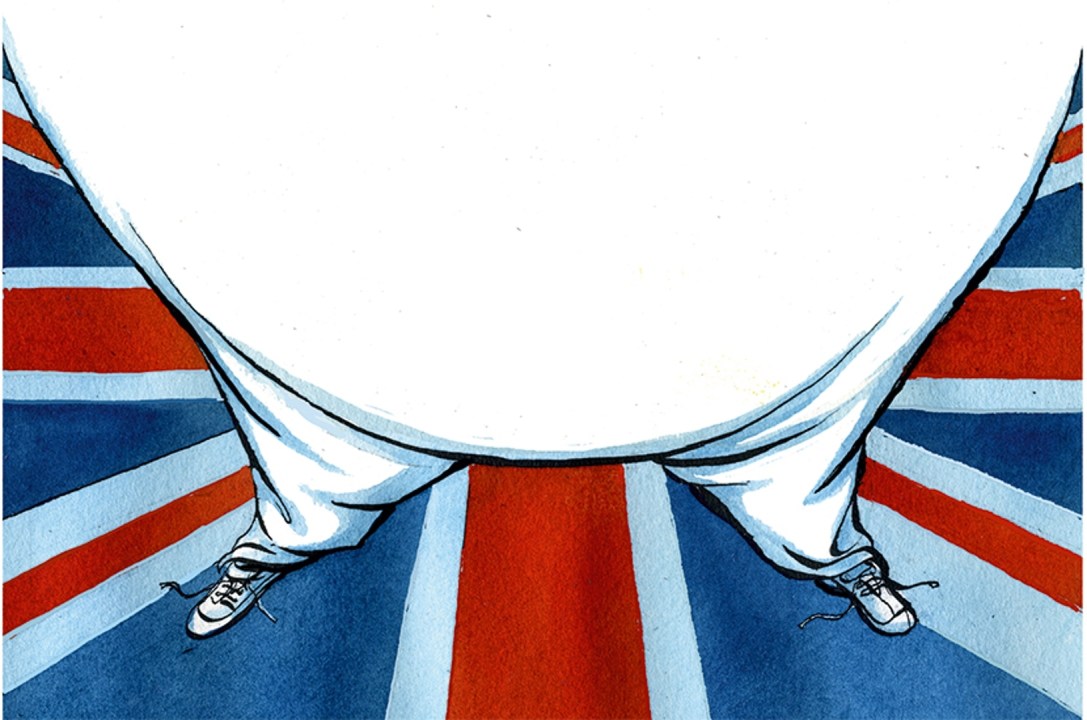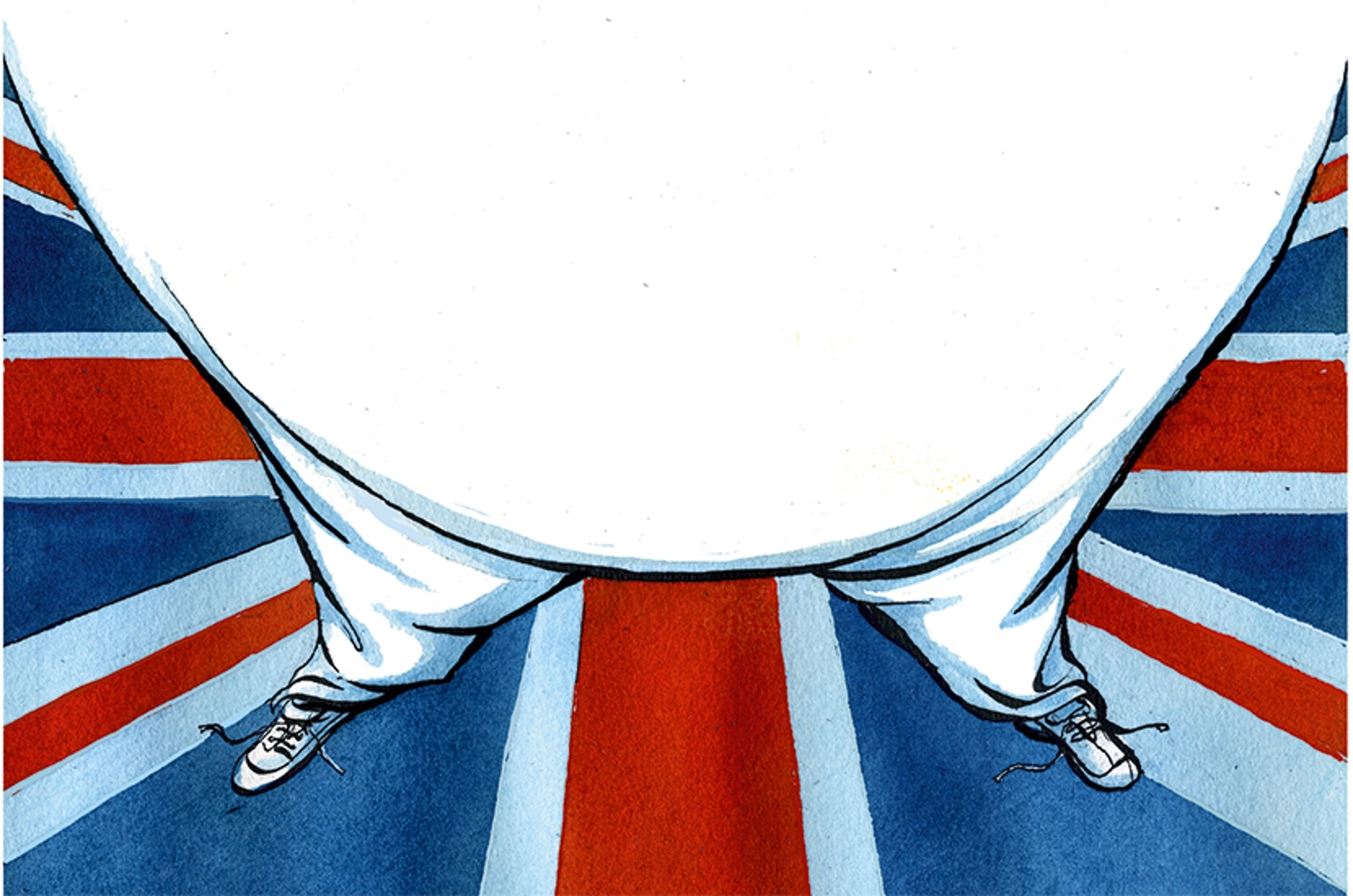How strong is the link between obesity and the danger of dying from Covid? Yesterday, the World Obesity Federation published a report containing a widely-quoted statistic that 2.2 million out of 2.5 million Covid deaths globally have occurred in countries where more than half the population is overweight. The figure is stark, although also highly unsatisfactory. Obesity tends to be more prevalent in wealthy countries – which also happen to have more aged populations, another strong risk factor in Covid deaths.
Yet the report also collates a substantial body of evidence linking obesity more directly with Covid deaths. Among the findings reported around the world is a British study finding that overweight people are 67 per cent more likely to end up in intensive care if they develop Covid-19, a Spanish study which found that obese people are 51 per cent more likely to die when they develop the disease and a Swiss study which found obese people were three times more at risk of death.
Why should being overweight or obese increase the risk of dying? One factor which has been raised is the effect of excess weight on breathing – making it harder for the diaphragm to contract. A UCL study from last August found that risk of death rose steadily with BMI. The correlation held firm when the researchers adjusted the figures for such factors as ethnicity and heart disease, but weakened when they adjusted it for haemoglobin and cholesterol levels – leading the authors to speculate that the underlying cause might be impaired glucose regulation and its effect on T cells.
Whatever the factors involved, the link between obesity and the risk of Covid death has been confirmed in several hundred studies. Public Health England has published its own report.
Yet weight has been relatively little commented upon, at least since the Prime Minister blamed his own near-death from the disease on being a ‘fatty in his fifties’. He intimated at the time that he had changed his mind on the role of the government in tackling obesity, adjusting his previous belief that it wasn’t the job of the state to tell people what to eat.
What should be the policy response, if any? Should we have a fat tax – or even make it an offence to be fat? Such a suggestion will, of course, rightfully raise hackles among people of liberal mind. Given the suppression of liberties of all kinds over the past year, such possibilities are a lot closer than they would have seemed prior to Covid. Just as lockdown policies were heavily influenced by the Chinese response to the original outbreak in Wuhan, it is inevitable that policymakers will start to look to Japan which, since 2008, has imposed legally-binding waistline checks. All adults are obliged to have their waistline measured regularly and can be compelled to attend counselling sessions if they stray over set limits. Since the law was introduced, Japan has brought its obesity rate down to 3.5 per cent and has seen markedly lower rates of Covid deaths than in Europe and North America, in spite of less-severe lockdowns and without the tight test and trace systems of Taiwan and South Korea.
Public resistance to such a law could be severe in Britain – given that 28 per cent of the population is officially obese it could mean some very overcrowded counselling sessions. But after suffering one of the highest rates of Covid deaths in the world it is perhaps inevitable that such a policy is going to be advanced by some policymaker at some stage.








Comments